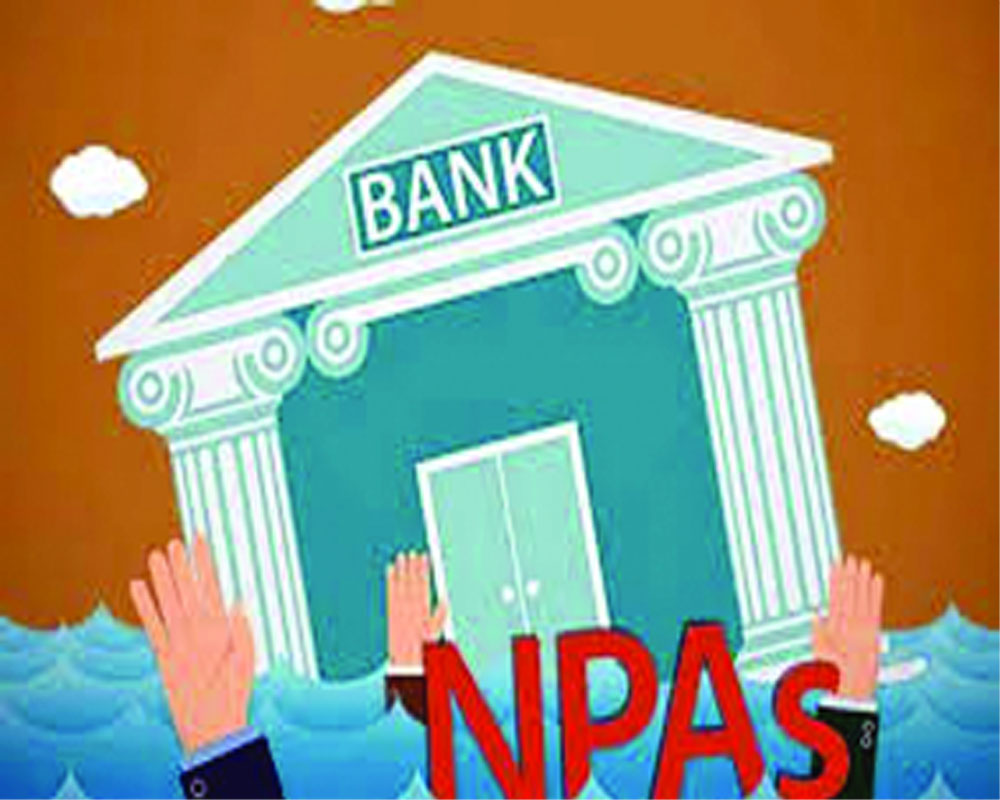Private sector banks witnessed a rise in non-performing assets (NPA) in respect of large borrowal accounts with exposure of Rs five crore or above.
A recent report by the Reserve Bank of India (RBI), cited that gross NPA ratio as well as the ratio of restructured standard assets to total funded amounts emanating from larger borrowal accounts in the public sector banks have gone down.
At the end of September 2020, large borrowal accounts constituted 79.8 per cent of NPAs and 53.7 per cent of total loans, it said.
“During 2019-20, PSBs’ GNPA ratio as well as the ratio of restructured standard assets to total funded amounts emanating from larger borrowal accounts trended downwards. On the contrary, PVBs experienced an increasing share of NPAs in respect of such accounts,” it said.
Further, the share of special mention accounts (SMA-0) witnessed a sharp rise in September 2020, which, according to the report, may be an initial sign of stress after lifting of moratorium on August 31, 2020.
However, the share of other categories of SMAs i.e., SMA-1 and SMA-2 remained at a relatively lower level, it said.
The RBI report also showed that the decline in NPAs in the last financial year was achieved largely on the back of write-offs.
As per the data, that both public and private sector banks wrote off NPAs worth over Rs 2.37 lakh crore.
The banks’ net NPA stood over Rs 2.89 lakh crore in 2019-20 as against Rs 3.55 lakh crore in 2018-19.
In terms of lenders, out of the total write-off of Rs 2.37 lakh crore loans, NPAs worth over Rs 1.78 lakh crore were written off by public sector banks, while private sector banks wrote off loans worth Rs 53,949 crore.
























